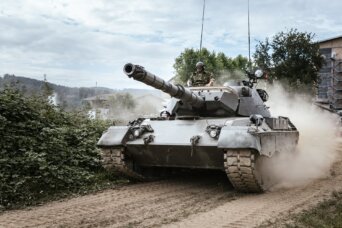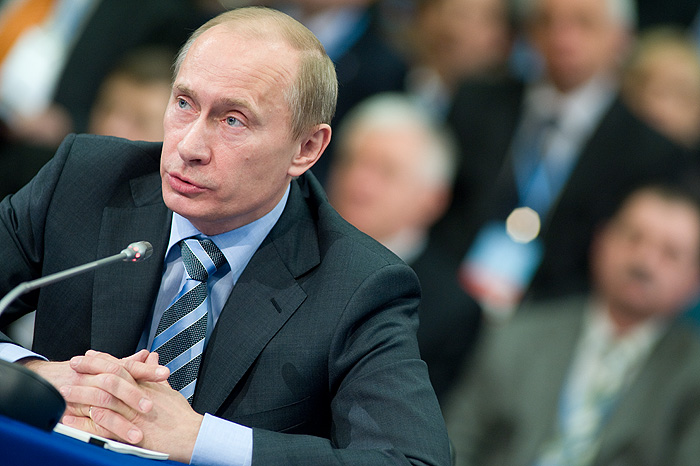- About
- Topics
- Picks
- Audio
- Story
- In-Depth
- Opinion
- News
- Donate
- Signup for our newsletterOur Editors' Best Picks.Send
Read, Debate: Engage.
| topic: | Good Governance |
|---|---|
| located: | Ukraine, Croatia, USA, Russia |
| editor: | Katarina Panić |
It seems that Croatian president Zoran Milanović channelled the country’s Cold War past - when it was considered part of Russia’s “sphere of influence” - while responding to journalists’ questions about the country’s stance towards the Russia-Ukraine conflict.
"I look at the statements according to which NATO is increasing its presence there. We have nothing, and we will have nothing to do with it, I guarantee it,” Milanović told the media in Zagreb two days ago. “Not only will we not send, but if there is an escalation, we will withdraw the last Croatian soldier […] It is not about Russia or Ukraine, but about the US administration. […] I see inconsistent and dangerous behaviour in international security".
He claimed that the EU and the US had encouraged the coup d’état in Ukraine in 2014 that forced former president Viktor Yanukovich out of office. The Russian-backed separatist groups have seized the Ukrainian region of Donbas.
"There are ways and modalities to preserve Ukraine as a whole country, or 99 percent, and to help it economically. Ukraine is one of the most corrupt countries globally; it is economically stagnating and hasn't gotten anything from the EU," Milanović added.
While he got extreme attention from Russia and pro-Russian media in the region, who called him "one sensible European leader, finally," the Croatian government reacted promptly, attempting to minimise the harm.
"At first, I thought a Russian official was speaking. […] On behalf of the government of Croatia, I would like to apologise to the people of Ukraine and to the government of the country that was one of the first to recognise Croatia,” prime minister Andrej Plenković said at the press conference the same day. “Such a statement has absolutely nothing to do with the policy of the Croatian government."
However, he avoided answering the repeatedly asked question of whether Croatian soldiers would be part of the NATO mission in Ukraine.
Russia continues to send massive amounts of soldiers, equipment and weapons to the Russian-Ukrainian border, although it denies any intention of invading it. At the same time, NATO is deploying additional forces to its eastern flank. The US announced that 8,500 soldiers were ready to be sent to the region. Many western countries have withdrawn their diplomatic staff from the former USSR member state and have suggested their citizens leave the country, if possible.
Photo by Kevin Schmid

